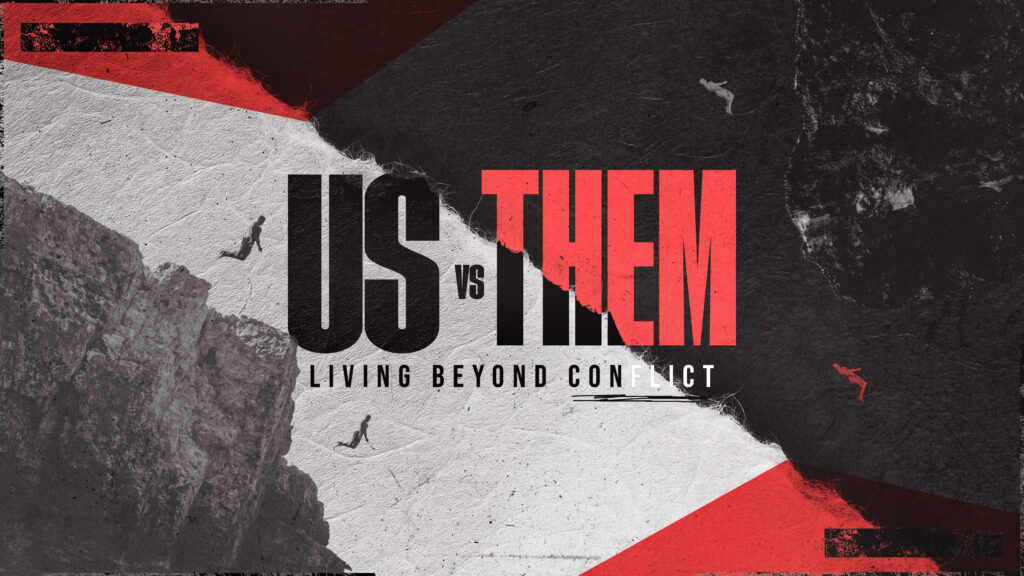Beyond Us and Them: A Call to Christ’s Unity

We live in a world fractured by lines. Lines of politics, race, theology, and social status. We instinctively sort people into categories: Us and Them. Us—the ones who are right, safe, and like-minded. Them—the ones who are wrong, threatening, and misguided. This division is ancient, but in our modern age, it feels amplified, a constant drumbeat of tension that seeps into our families, churches, and hearts.
It’s a comfortable, default posture. Building walls feels safer than building bridges. Yet, as followers of Christ, we are called to a radically different standard—one that disrupts this very human tendency. The gospel itself is the ultimate demolition of the “Us vs. Them” paradigm. Scripture declares, “There is neither Jew nor Gentile, neither slave nor free, nor is there male and female, for you are all one in Christ Jesus” (Galatians 3:28).
Christ’s work on the cross didn’t just reconcile us to God; it reconciled us to each other. The dividing wall of hostility was shattered by His sacrifice (Ephesians 2:14). When we choose to perpetuate division, we are rebuilding the very walls Jesus died to tear down.
So, how do we live in this tension? We pursue the difficult, counter-cultural path of unity.
This starts with reconciliation. It means taking the first step, not to win an argument, but to win a brother or sister. It requires humble listening, seeking to understand the person behind the label we’ve assigned them.
It is fueled by forgiveness. The world insists on keeping score and holding grudges. Christ commands us to forgive as we have been forgiven—limitlessly (Matthew 18:21-22). Forgiveness breaks the cycle of retaliation and opens the door for healing where “Them” can become “Us.”
It actively works at breaking down barriers. This means moving beyond our holy huddles and comfortable circles. It means engaging with grace and truth, not with suspicion and scorn. It means valuing relationship over being right and seeing God’s image in every person, especially those we struggle to understand.
Ultimately, it is about living out love. Not a sentimental feeling, but the 1 Corinthians 13 kind of love: patient, kind, not proud or self-seeking. This love is our greatest witness in a divided world. Jesus said, “By this everyone will know that you are my disciples, if you love one another” (John 13:35). Today, ask yourself: Where have I built a wall? Who have I placed in the category of “Them”? Pray for the courage to take one step toward reconciliation, to offer forgiveness, to see a barrier not as a comfort but as a challenge to be overcome in Christ’s name. Let us be known not for which side we are on, but for whose we are—and for the unifying, boundary-breaking love we extend to all
